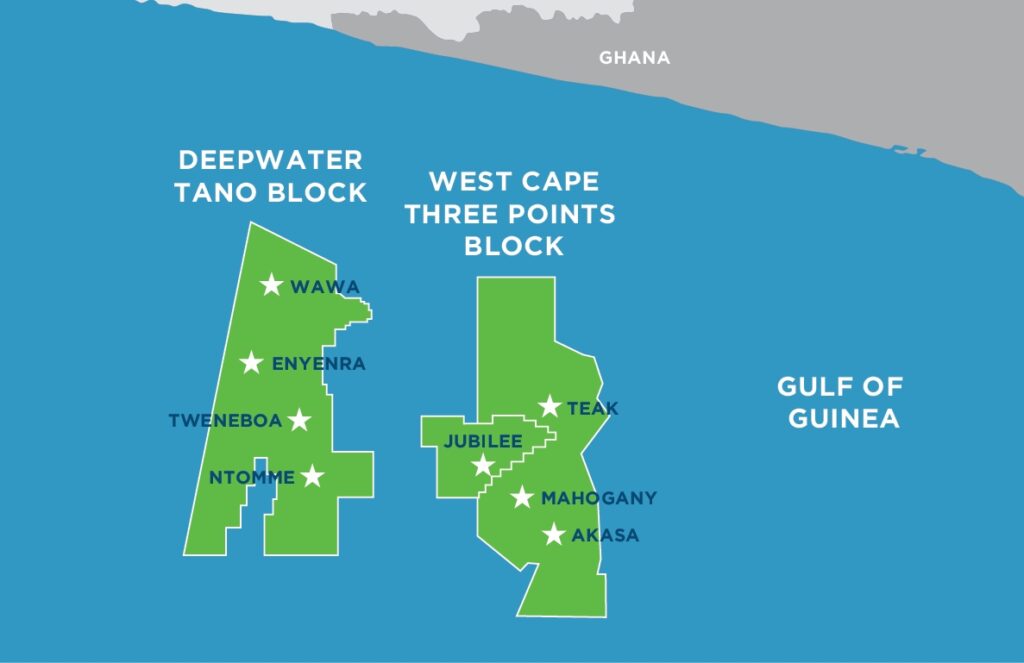Ugandan cabinet gives go-ahead to apply for EITI membership to boost investments
Country sees joining the EITI as an opportunity to create lasting value from its petroleum resources
The Ugandan cabinet has agreed to give the government the go-ahead to apply to join the Extractive Industries Transparency Initiative (EITI). The decision is part of the country’s ongoing efforts to strengthen accountability in the management of its natural resources and attract investors to develop its oil, gas and mining reserves.
“We believe that initiatives such as the EITI that emphasise transparency have the potential to strengthen the efforts of the Government in ensuring overall transparency in the sector, strengthen tax collection, improve the investment climate, build trust and create a lasting value of petroleum resources,” said Uganda’s Minister of Finance, Planning and Economic Development Matia Kasaija in a press statement.
The Uganda Government has awarded nine production licenses to Total, Tullowand China’s CNOOC in recent years. The country has proven crude oil reserves of 6.5 billion barrels, about 1.4 billion of which is recoverable. The authorities expect oil production to start by 2020, which is a challenging timetable given the need for new infrastructure development. Land-locked Uganda has signed a deal with Tanzania to jointly develop an export pipeline to bring the oil to the Tanzanian seaport of Tanga. Energy minister Irene Muloni in 2017 put the cost of building the country’s upstream facilities and pipeline at up to USD10 billion, and another USD4 billion for a refinery.
The discovery of large oil reserves in the East African country over a decade ago has led to expectations that the Uganda economy can be transformed. While economic growth has picked up in recent years, over a fifth of the population still lives below the national poverty line, according to the World Bank. To keep public debt at a sustainable level and foster inclusive and stronger growth, Uganda will need to raise tax collection, prioritise spending and realise planned infrastructure and oil sector investments, according to the IMF. To do so, the government is notably focusing on revenue mobilisation and putting in place a framework for managing future oil revenues.
Uganda’s “large quantities of extractive resources can translate into prosperity and economic development if the revenue is managed well,” Minister Kasaija said. “The revenue can be used to support infrastructure development and social services that have a potential to lead to sustainable economic growth and development. The resource revenues will increase the country’s public finances if managed in a transparent and accountable manner.”
To become an EITI implementing country, a country must complete five sign-up steps. These steps relate to the commitment of the government, company and civil society engagement, the establishment of a multi-stakeholder group and agreement on an EITI work plan. When a country has completed the steps, the government, with the support of the multi-stakeholder group, submits an EITI candidature application to the EITI Board. The Board aims to process applications in eight weeks.
“We welcome the Ugandan cabinet’s decision to become an EITI member, joining a rich and committed cohort of African countries implementing the EITI,” Mark Robinson, the EITI’s Executive Director, said. “The EITI International Secretariat stands ready to support the government with its application. Implementing the EITI will help Uganda lay the foundation for transparent and accountable management of their natural resource wealth.”
The International Secretariat has invited a delegation from the Government of Uganda to observe the EITI Board meeting to be held in Kyiv on today and tomorrow 27-28 February.










